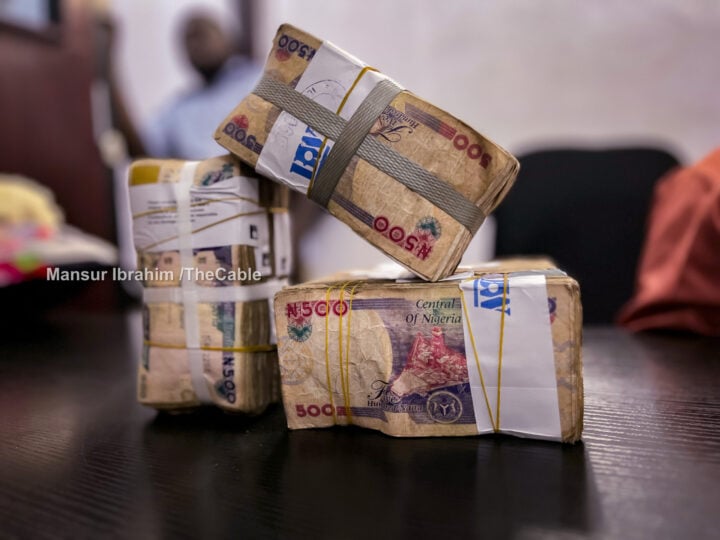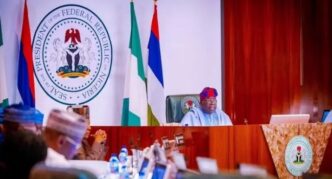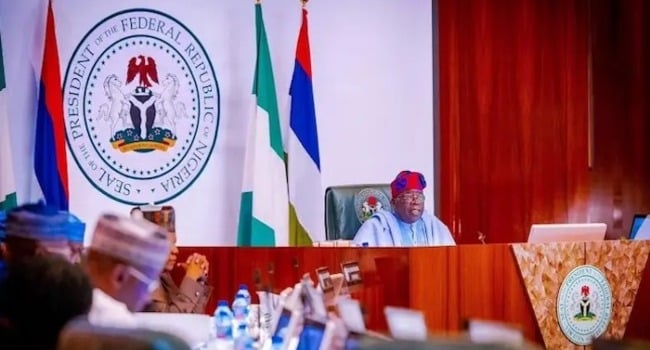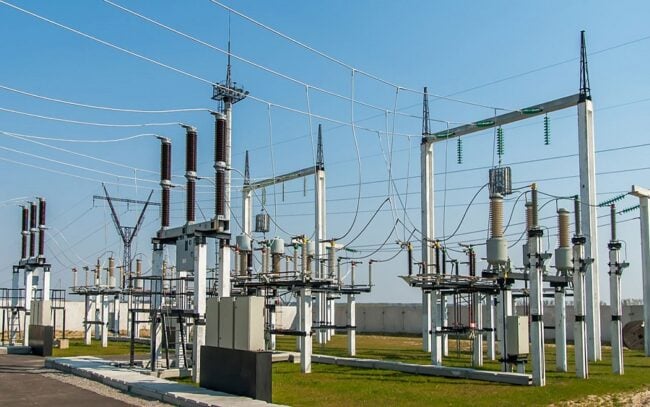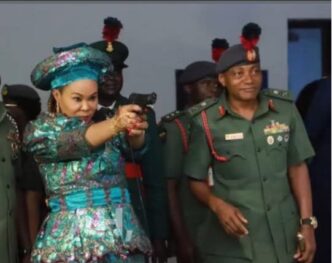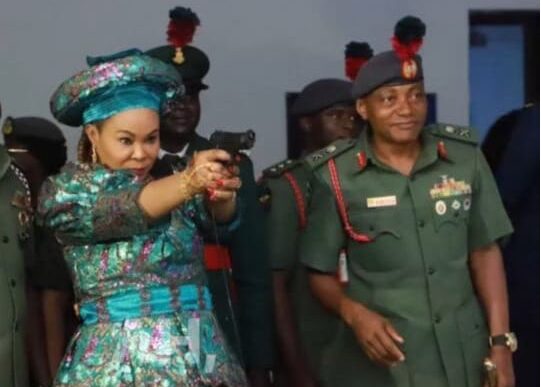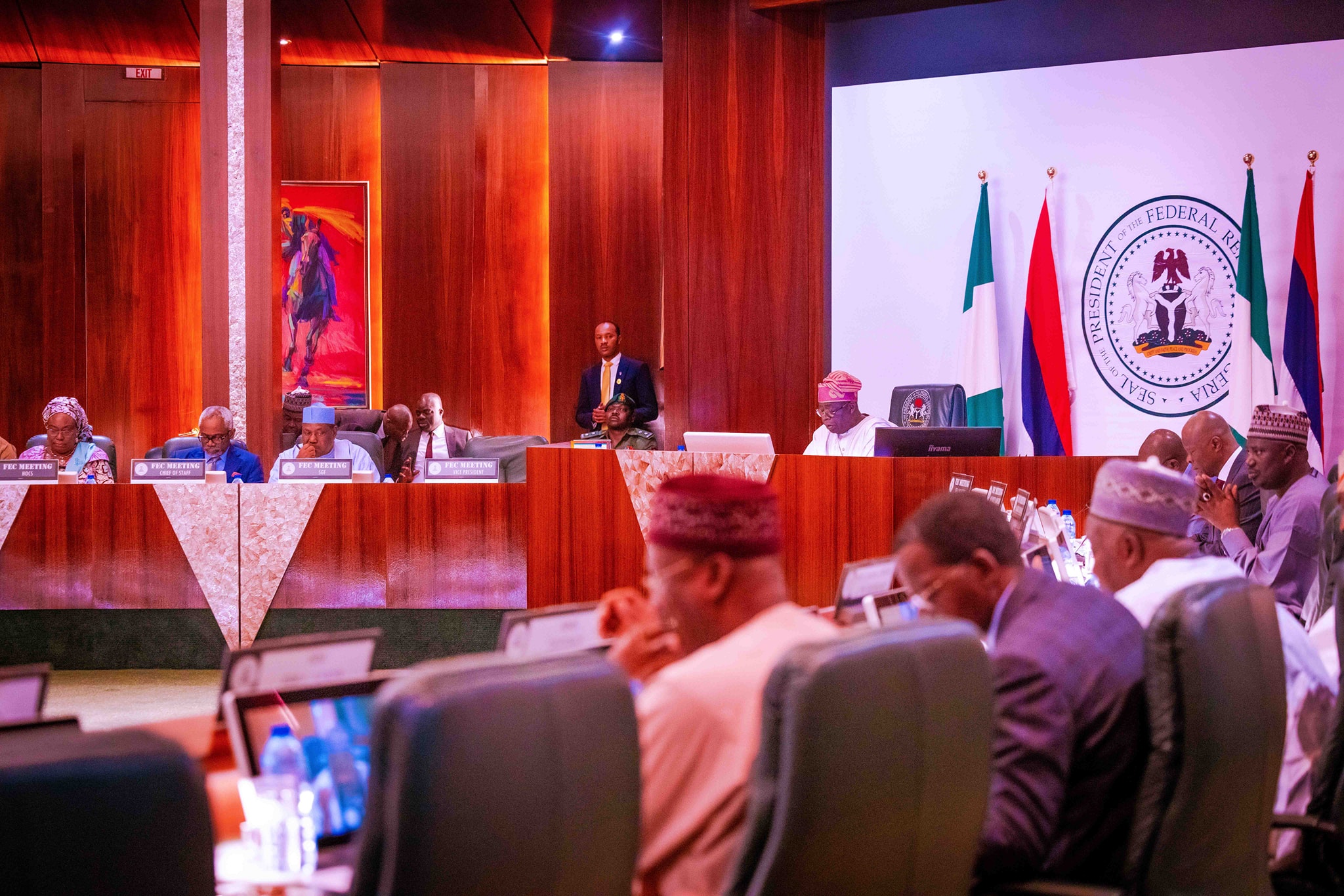
The International Monetary Fund (IMF) says the naira, Nigeria’s local currency, is showing signs of stability due to interest rate hikes.
In its global financial stability report launched during a press briefing in Washington DC on Tuesday, the IMF also linked the currency’s stability to the clearing of the foreign exchange backlog by the Central Bank of Nigeria (CBN).
On March 20, the CBN had announced the successful settlement of all verified outstanding foreign exchange (FX) obligations, noting that an unverified amount of $2.4 billion is under investigation.
“… in Nigeria, rate hikes and the clearing of overdue domestic central bank foreign exchange obligations have helped the naira show more signs of stability,” the IMF said.
Advertisement
The multilateral’s position comes amid push backs from stakeholders on certain monetary policy decisions of the central bank.
The CBN, since Olayemi Cardoso took over as its governor, has raised the interest rate multiple times to curb a raging inflation in the country.
In the latest hike on September 24, the apex bank’s monetary policy committee (MPC) increased the interest rate by 50 basis points to 27.25 percent.
Advertisement
The rate increase was immediately criticised by the Manufacturers Association of Nigeria (MAN) and the Lagos Chamber of Commerce and Industry (LCCI).
While the MAN said the policy would negatively impact the manufacturing sector, the LCCI argued that the expansion and sustainability of businesses would be hampered.
Speaking at the news conference, Tobias Adrian, the IMF’s financial counsellor and director of monetary and capital markets, acknowledged the efforts of the CBN in controlling inflation and stabilising the foreign exchange market.
“The central bank has been transitioning to an inflation-targeting regime and has liberalised the exchange rate, which we welcome,” he said.
Advertisement
“The rate hikes implemented so far have been appropriate, especially given the challenges posed by high inflation, which still stands around 30 percent.”
Meanwhile, the World Bank had, on October 16, said the naira is among the worst-performing currencies in sub-Saharan Africa in 2024, but the currency seems to have stabilised in the past month, oscillating between N1,700 and N1,600 per dollar in the parallel market and also between N1,500 and N1,600 in the official trading window.
Add a comment

